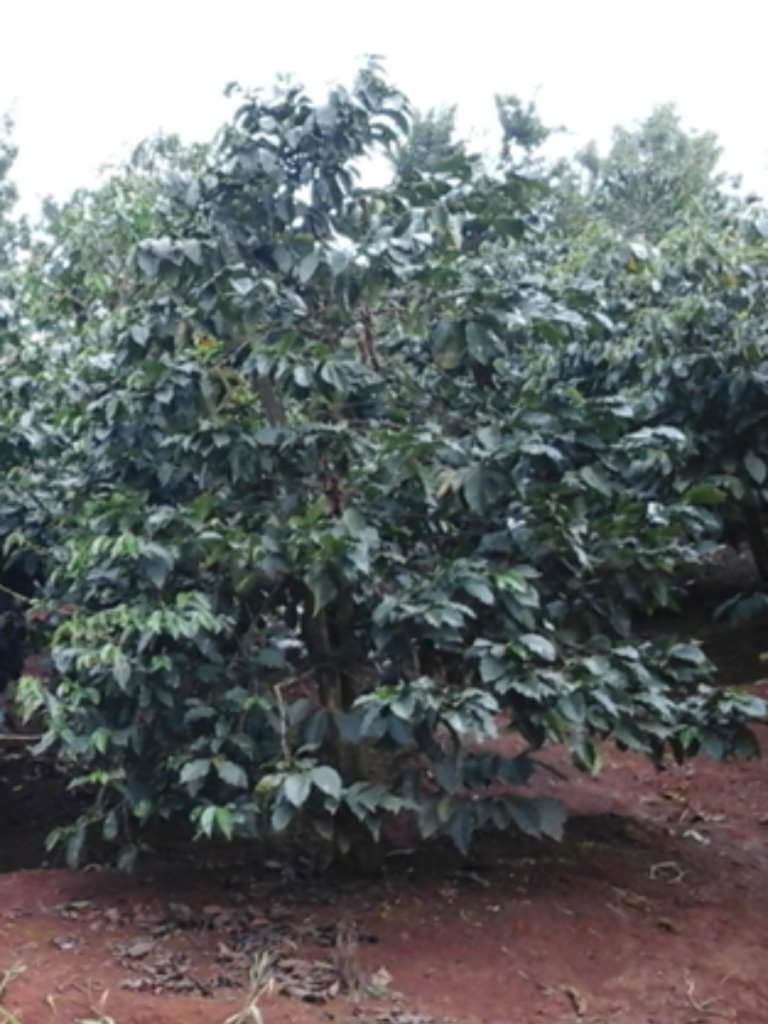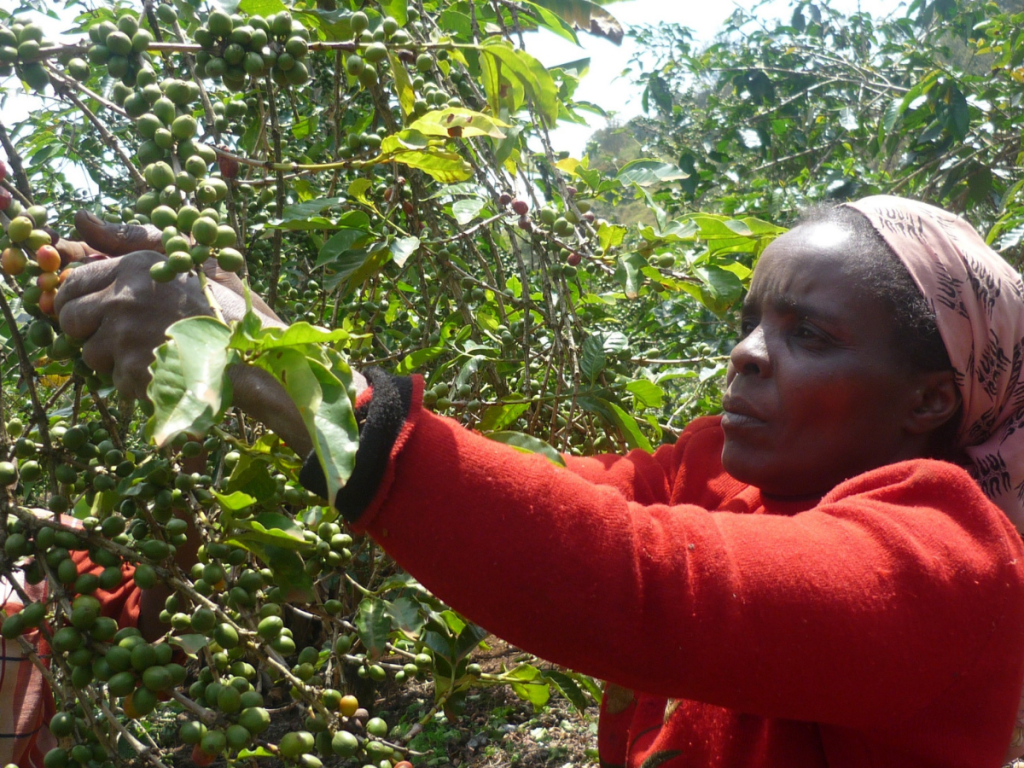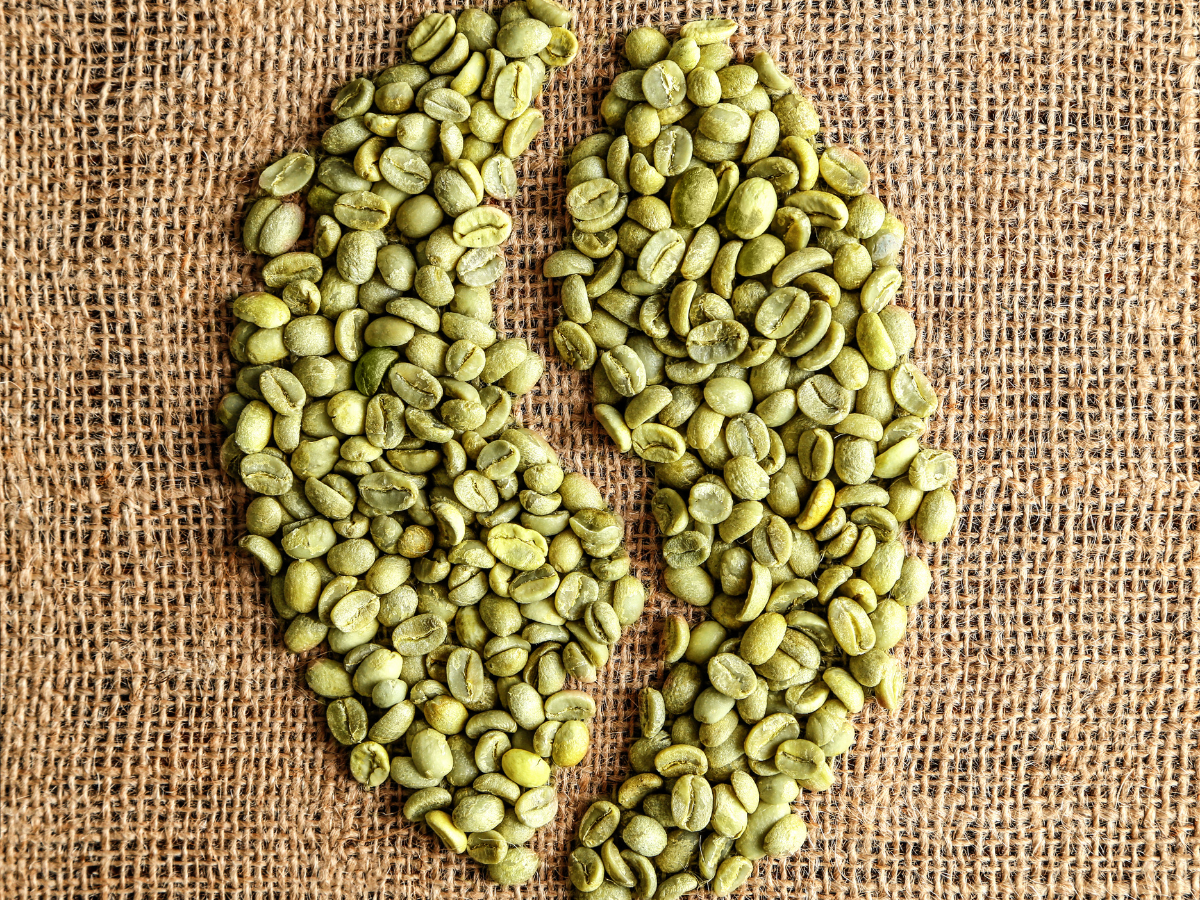Address
6438 Saylor St.
Canal Winchester, OH 43110
Work Hours
Monday to Friday: 7AM - 7PM
Weekend: 10AM - 5PM
PROCESSING: Mostly washed
HARVEST PERIOD: December – April
ARRIVAL PERIOD: April-August
ANNUAL COFFEE PRODUCTION: Approx. – 1 Million Bags
Kenyan coffees have a unique flavor profile – the best offer bright citric acidity combined with floral or blackcurrant flavors and a velvety body. And not to forget, the coffee system in Kenya allows for unparalleled discovery of quality in individual coffee lots.
Kenyan coffees have a unique flavor profile – the best offer bright citric acidity combined with floral or blackcurrant flavors and a velvety body. And not to forget, the coffee system in Kenya allows for unparalleled discovery of quality in individual coffee lots.
Kenyan coffees have a unique flavor profile – the best offer bright citric acidity combined with floral or blackcurrant flavors and a velvety body. And not to forget, the coffee system in Kenya allows for unparalleled discovery of quality in individual coffee lots.
Kenya occupies a special place in the heart of gourmet coffee lovers the world over. Single origin ‘Kenya AA’ is a must-have for most specialty stores. Straddling the equator, the production areas benefit from high altitudes and rich volcanic soils, and are blessed with a coffee culture and system which promotes and rewards quality.

Kenya produces only Arabica coffee, mainly from the Bourbon and Kent varieties (traditional
SL28 / 34 and K7) but increasingly also from a recently developed hybrid R11 and the very newest variety, Batian. Research into new higher yielding, disease resistant, excellent cupping varieties is continuous at the well-established Coffee Research Foundation premises near Nairobi. The production area lies between 1,200 and 1,800 meters above sea level, mainly in the hilly and fertile center of the country. Mt. Kenya, which at 5,200 meters is the second highest peak on the continent, dominates the coffee landscape and remains a sacred place for the Kikuyu tribe living on its slopes and environs. Smallholders, who account for at least 60% of total production and the majority of top qualities, are organized into cooperatives, each with one or more wet mills, or ‘factories’. The strong social structure built around these factories provides for vibrant rural coffee communities where generations of farmers uphold traditional values and practices.
�

Thanks to the two rainy seasons each year, some areas in Kenya enjoy two crops from the same tree – an ‘early’ (fly) crop and a ‘late’ (main) crop. This ensures that a fresh supply of coffee is available to the markets at all times, although the quality difference between the early and the late crops is quite apparent, with the latter being considerably more delicious
Ripe coffee cherries are delivered to the cooperative factories for pulping, fermentation, washing / grading and drying. The dry parchment will then be delivered to the various commercial dry mills for hulling, grading and bagging off into 60 kg sisal export bags. Important to note is that Kenya coffee is fully washed and ‘batch-processed’ in relatively small quantities, and each batch retains its identity and is fully traceable.
�

No other groups of small farmers anywhere in the world have come close to producing consistently extraordinary qualities the Kenyans do, year after year. This is due not only to the generous combination of equatorial sunlight, red-orange volcanic loamy soils, unique moderate climate and special varieties of Arabica originating in Kenya and still unique to East Africa (the SL28 being the best), but also to the organization of the farmers into small, craft-oriented, cooperative processing centers. These cooperatives are spread out so that one is always within walking distance of any farmer. Each day’s harvest is separately processed into small boutique lots of finished green coffee that are then sold individually at auction in Nairobi. Auctions are the answer to a quality seeker’s prayers; unblended lots of extraordinary quality can be found and purchased by relatively small but high-quality buyers willing to pay the price.
All quality coffees are washed, and then carefully sorted. The highest grade is AA, which consists of large, high-density beans, followed by AB, slightly smaller beans. The grade AA is no guarantee of quality; an AA coffee can vary from mediocre to spectacular. AB can also be of very high quality, but, in my experience, never attains the heights an AA can.
Ripe coffee cherries are delivered to the cooperative factories for pulping, fermentation, washing / grading and drying. The dry parchment will then be delivered to the various commercial dry mills for hulling, grading and bagging off into 60 kg sisal export bags. Important to note is that Kenya coffee is fully washed and ‘batch-processed’ in relatively small quantities, and each batch retains its identity and is fully traceable.�
Some feedback from our clients
Great Service�
“Always pleasurable and ready to Assist walking with you through the process”

Efficiency was Great
“KIFAHARI COFFEE delivered on time and the packaging of the coffee was great. We received the product in good condition.”

Outstanding Services�
“We are proud to do business with Kifahari Coffee.”


